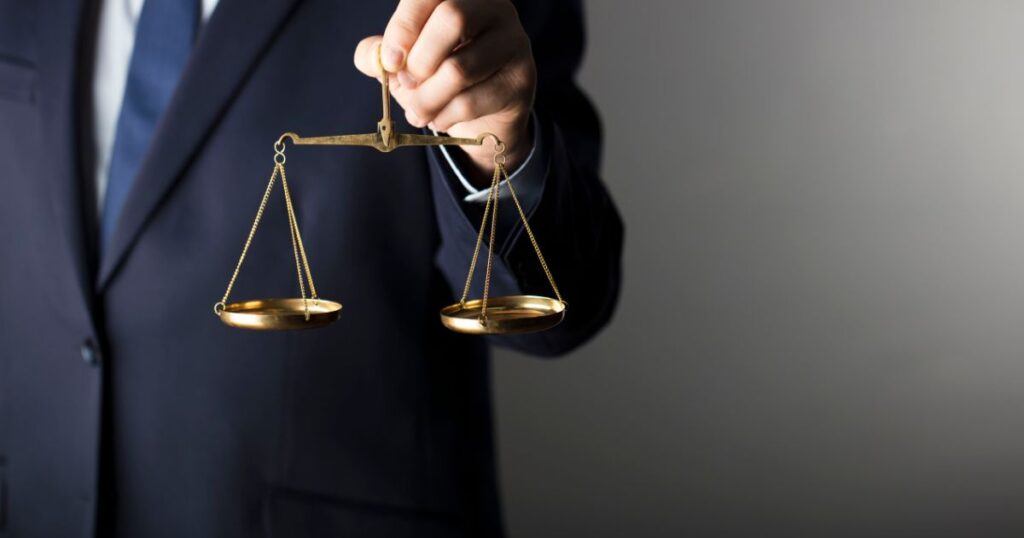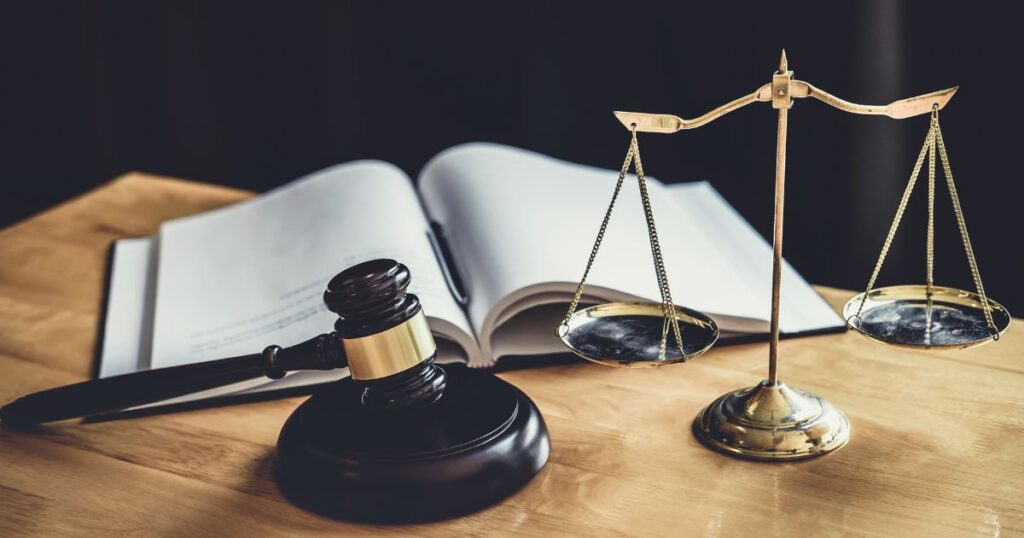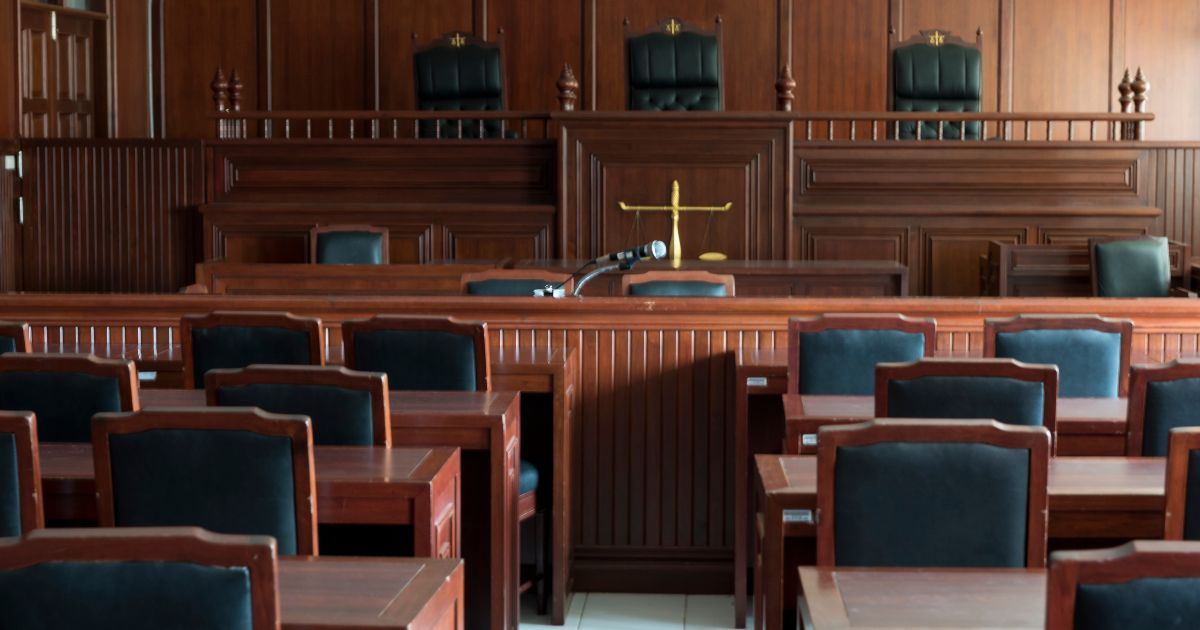Gavel and Robes: A Peek into the World of a Judge
Table of Contents
Key Takeaways about the Role of a Judge
| Key Takeaway | Description |
|---|---|
| Upholding Justice | Judges play a crucial role in ensuring justice is served in every case they preside over. |
| Interpreting the Law | Judges interpret the law and apply it to the cases before them. |
| Making Impactful Decisions | The decisions made by judges can have far-reaching impacts, influencing societal norms and legal practices. |
Dive into the intriguing world of a judge, exploring their pivotal role in the legal system. Discover what lies beyond the robe and the gavel.

Introduction
Well, who hasn’t watched a courtroom drama and thought, “Wow, that judge has it easy!”? They just sit there, bang a gavel, and call for order in the court, right? Wrong! As a budding law student, I’ve come to realize that there’s so much more to being a judge than meets the eye.
Judges are the final arbiters of hard cases. And hard cases, it must be remembered, are hard because they are incapable of easy solution. All that judges can do is to see that the best possible and fairest result is achieved.
In my first law lecture, the concept of a judge was introduced not as a character in a TV show, but as a pivotal figure in the legal practice. It was like a light bulb moment for me – the role of a judge suddenly became more complex and intriguing.
From that day forward, my understanding of a judge has been evolving. It’s not just about the black robes and the stern expression. It’s about fairness, justice, and a deep understanding of the law.

The Judge: More than Just a Robe and a Gavel
| Responsibility | Description |
|---|---|
| Interpret the Law | Judges apply the law to specific controversies brought before them. They research legal issues and interpret the law. |
| Control Court Proceedings | Judges ensure that the court maintains order and that the proceedings are conducted according to established rules. |
| Decide Cases | Judges listen to arguments and determine the facts of a case, and then they make a ruling based on the appropriate laws. |
Imagine a football match without a referee. Chaos, right? That’s what a courtroom would be without a judge. They’re the ones ensuring that the game of law is played fairly, making sure each side gets to present their case and that the rules are followed. It’s a role that requires a keen eye, a sharp mind, and an unwavering commitment to justice. It’s like being the conductor of a symphony, ensuring that every instrument plays its part to create a harmonious outcome.
A judge’s responsibilities go beyond maintaining order in the court. They interpret the law, assess the evidence presented, and control how hearings and trials unfold in their courtroom. It’s like being a chef in a bustling kitchen, juggling multiple tasks at once. They have to listen to the arguments presented by both sides, ask probing questions, and make rulings on procedural matters. They have to sift through the evidence, discern the facts, and apply the relevant law. And they have to do all this while ensuring that the proceedings are conducted in a fair and orderly manner.
But being a judge isn’t just about the tasks and duties. It’s about the values and principles that guide their work. It’s about fairness, impartiality, and integrity. It’s about making decisions not based on personal beliefs or biases, but on the law and the facts. It’s about treating everyone in the courtroom with respect and dignity, regardless of their background or circumstances. It’s a role that demands a high level of professionalism and ethical conduct.
Reflecting on these responsibilities, I can’t help but feel a sense of awe. The weight of these duties is immense, and it’s made me appreciate the legal practice even more. It’s not just about winning or losing a case; it’s about justice being served. It’s about ensuring that the scales of justice are balanced, that the rule of law is upheld, and that the rights of individuals are protected.
So, the next time you see a judge in their robe, wielding their gavel, remember that they’re more than just symbols of authority. They’re symbols of justice, fairness, and the rule of law.

The Path to Becoming a Judge: A Journey, Not a Sprint
Becoming a judge isn’t a walk in the park. It’s more like a marathon on a hilly terrain, with obstacles along the way. It requires years of education, gaining experience as a practicing lawyer, and a deep understanding of the law. It’s a journey marked by long nights of studying, countless exams, and a relentless pursuit of knowledge. But it’s not just about the destination, it’s about the journey itself – the lessons learned, the skills honed, and the character built along the way.
The journey to becoming a judge begins with a solid foundation in law. This involves rigorous studies in law school, where you’re introduced to a wide array of legal concepts and principles. It’s like learning a new language, with its own set of rules and syntax. From constitutional law to criminal law, from contracts to torts, you’re immersed in a world of legal doctrines and case law. And let me tell you, it’s as exciting as it is challenging!
Once you’ve survived law school, the next hurdle is the bar exam. Now, this is no ordinary exam. It’s a grueling test of your legal knowledge, analytical skills, and endurance. Passing the bar is a major milestone in any lawyer’s journey. It’s like earning your stripes, a testament to your mastery of the law and your readiness to practice it.
But the journey doesn’t end there. Before one can even think about donning the judge’s robe, one must first gain experience as a practicing lawyer. This is where the real learning happens. It’s where you apply the theories you’ve learned in law school to real-life situations. It’s where you learn to advocate for your clients, to negotiate settlements, to cross-examine witnesses, and to present your case in court. It’s a rollercoaster ride, filled with highs and lows, victories and defeats. But it’s all part of the journey.
And then, after years of practice, with a wealth of experience under your belt, you might just be ready to take on the role of a judge. But remember, it’s not a sprint, it’s a marathon. It’s about patience, perseverance, and a lifelong commitment to learning and justice.
Steps to Becoming a Judge:
- Obtain a bachelor’s degree
- Attend law school and earn a Juris Doctor degree
- Pass the bar exam
- Gain experience by working as a lawyer
- Get appointed or elected as a judge

A Day in the Life of a Judge: No Two Days are the Same
| Type of Case | Description |
|---|---|
| Civil Disputes | These can include contract disputes, personal injury claims, property disputes, and family law matters. |
| Criminal Cases | These involve the government prosecuting a person for a crime against society. |
| Administrative Cases | These involve disputes over government agency decisions. |
Bam! The gavel hits the stand, signaling the start of a new day in court. The courtroom buzzes with a unique energy, a mix of anticipation and apprehension. Each day brings a new set of cases, each unique in its own way. It’s like a box of chocolates – you never know what you’re going to get. The unpredictability of the job is one of the things that makes it so fascinating. One day, you could be presiding over a contract dispute, the next, a high-stakes criminal trial.
From civil disputes to criminal cases, a judge encounters a wide spectrum of legal issues. It’s like being a chef, dealing with different ingredients each day to create a dish that’s just right. Each case is a puzzle, with its own set of facts, legal issues, and personalities. As a judge, you’re tasked with piecing together the puzzle, making sense of the facts, applying the law, and ultimately, delivering a fair and just decision.
In my studies, I’ve come across case studies that have left me surprised and intrigued. I remember reading about a case involving a stolen garden gnome that turned into a complex property dispute. It was a stark reminder of the diverse issues a judge has to deal with, and the impact their decisions can have. It’s not just about interpreting the law, it’s about understanding people, their motivations, and their circumstances.
But it’s not all serious business. There are moments of levity too. Like the time I read about a judge who used a bit of humor to diffuse a tense situation in the courtroom. It’s these human moments that make the role of a judge so compelling. It’s not just about the law, it’s about people, their stories, and their quest for justice.
So, while the gavel, the robe, and the bench are symbols of a judge’s authority, it’s their wisdom, empathy, and sense of justice that truly define their role. And as I delve deeper into my law studies, I’m excited to learn more about this fascinating profession.
The Impact of a Judge: Small Actions, Big Waves
A judge’s decision can change lives. It’s like throwing a pebble into a pond – the ripples spread far and wide. The impact of their decisions extends beyond the individuals involved in the case, influencing societal norms and legal practices.
A judge plays a crucial role in shaping the legal landscape. Their interpretations of the law can set precedents for future cases. It’s like planting a seed that grows into a tree, providing shade for future generations.
Reflecting on this, I realize the importance of each decision a judge makes. It’s not just about the case at hand, but about the larger picture. It’s about justice, fairness, and the rule of law.
Impacts of a Judge’s Decision:
- Influences societal norms and legal practices
- Sets precedents for future cases
- Can change the lives of individuals involved in the case
The role of a judge is to make justice prevail. He must know how to listen, to understand and to decide. And he must be courageous to render decisions he believes are just.

Conclusion
Being a judge is more than just wearing a robe and wielding a gavel. It’s about upholding justice, interpreting the law, and making decisions that can change lives. It’s a role of immense responsibility and importance.
My understanding of the role of a judge has evolved significantly since I started studying law. It’s not just a profession, but a commitment to justice and fairness.
And to think, I used to believe judges had it easy! Oh, how wrong I was. But then again, isn’t that what learning is all about? Discovering new perspectives and challenging our preconceived notions. And trust me, there’s a lot more to discover and learn!
This post is part of my Legal Practice series in the Law Degree section of my Law Chronicles category.
Other posts of interest: In the Shoes of a Prosecutor: A Glimpse into the Legal Battlefield and The Magistrate: A Gavel’s Journey Through the Legal Practice
Disclaimer: This article is based on my personal experiences and understanding as a first-year law student. It does not constitute legal advice. The journey to becoming a judge and the responsibilities of a judge may vary depending on the jurisdiction and specific circumstances.
Remember, this is just the tip of the iceberg. The world of law is vast and complex, and there’s always more to learn and discover. So, let’s keep exploring, one gavel bang at a time!
Frequently Asked Questions
What does a judge do?
A judge plays a crucial role in the legal system. They preside over court proceedings, interpret the law, assess the evidence presented, and control how hearings and trials unfold in their courtroom. They ensure that the proceedings are conducted fairly and according to established rules.
How does one become a judge?
Becoming a judge involves a long and challenging journey. It typically requires obtaining a bachelor’s degree, attending law school and earning a Juris Doctor degree, passing the bar exam, and gaining experience by working as a lawyer. After gaining significant experience in the legal field, one can be appointed or elected as a judge.
What types of cases does a judge handle?
A judge can handle a wide variety of cases, including civil disputes, criminal cases, and administrative cases. Civil disputes can include contract disputes, personal injury claims, property disputes, and family law matters. Criminal cases involve the government prosecuting a person for a crime against society. Administrative cases involve disputes over government agency decisions.
What is the impact of a judge’s decision?
A judge’s decision can have far-reaching impacts. It can influence societal norms and legal practices, set precedents for future cases, and change the lives of the individuals involved in the case. A judge’s decision is not just about the case at hand, but about the larger picture of justice, fairness, and the rule of law.
What are some common misconceptions about judges?
Some common misconceptions about judges include the belief that they have an easy job, that they only maintain order in the court, or that they don’t need a deep understanding of the law. In reality, the role of a judge is complex and requires a deep understanding of the law, the ability to interpret it, and the responsibility to apply it fairly to each case they preside over.
